Table of Contents
Mercedes M272 V6 Engine
The M272 V6 engine is one of Mercedes-Benz’s most recognized powerplants from the mid-2000s. Known for its smooth delivery, refinement, and versatility, it powered a wide range of Mercedes models from the C-Class to the S-Class.
But like any engine, the M272 comes with strengths and weaknesses. With proper maintenance, it can deliver long life and reliability, while neglect often leads to common issues such as balance shaft wear or intake manifold failure.
This guide covers the M272’s specifications, history, known problems, maintenance schedule, and model applications, so you know what to expect.

For a full overview of all Mercedes engines, visit our Mercedes Engine Types Hub.
Quick Engine Specs
| Variant | Displacement | Power | Torque | Production Years |
|---|---|---|---|---|
| M272 E25 | 2.5 L V6 | ~204 PS | ~245 Nm | 2004–2011 |
| M272 E30 | 3.0 L V6 | ~231 PS | ~300 Nm | 2004–2010 |
| M272 E35 | 3.5 L V6 | Up to 316 PS | ~350 Nm | 2004–2011 |
History and Development
- – Introduced in 2004 to replace the M112.
- – Built to meet stricter Euro emissions standards while increasing performance.
- – Production continued until 2015, with later updates improving reliability.
- – Served as the bridge to the direct-injected M276, which succeeded it.
Technical Design
- – Configuration: 60° V6, aluminum block and heads
- – Valvetrain: DOHC, 24 valves, variable intake manifold
- – Balance Shaft: Reduces vibration for smoother driving
- – Injection Type: Port fuel injection (PFI), not direct injection
Fun fact: The M272 was the last major Mercedes V6 to use port injection before DI systems in the M276.
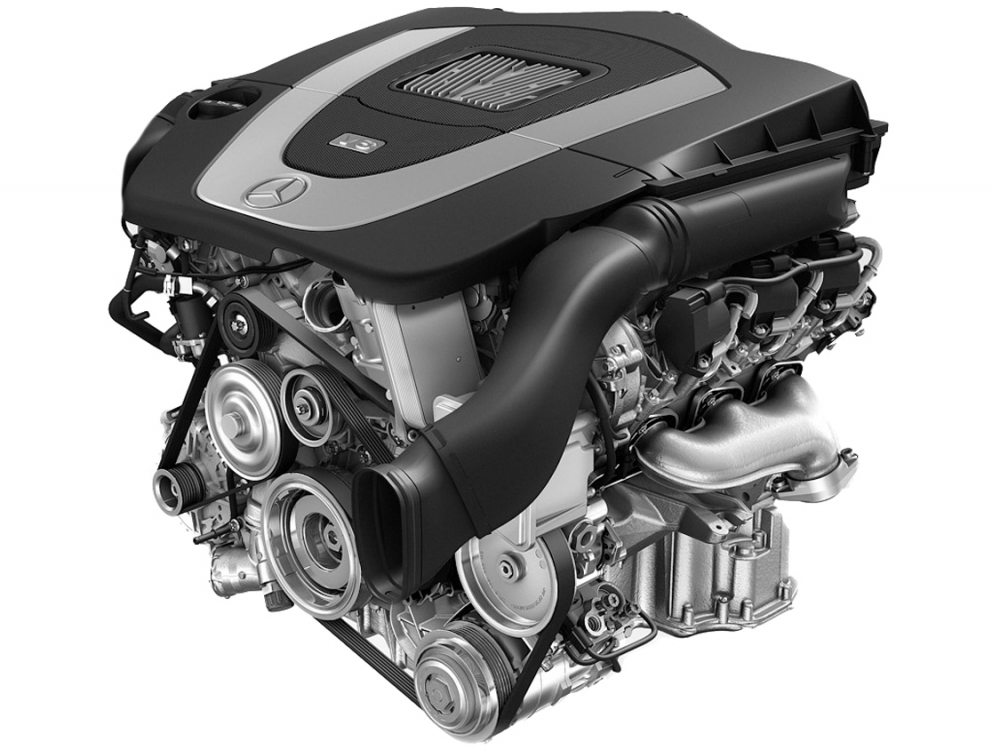
Performance and Driving Experience
- – Horsepower: 228–302 hp depending on model
- – Torque: 221–273 lb-ft
- – Character: Smooth, quiet, refined, with a strong mid-range pull
- – Efficiency: Better than the older M112, but less efficient than its successor, the M276

Common Problems with the M272 Engine
While the M272 is generally robust, a few well-documented issues stand out.

| Issue | Symptoms | Diagnosis & Fix | DIY Friendly? |
|---|---|---|---|
| Balance shaft gear wear (2004–08) | Rattle, check engine light | Engine-out repair kit, inspect sprocket | Shop job |
| Timing chain tensioner wear | Rattle at startup | Replace tensioners & guides after 100k km | Partial |
| Intake manifold swirl flap failure | CEL codes P2004/P2006, poor idle | Replace manifold or upgrade linkages | OK |
| Camshaft adjuster leaks | Oil seepage on wiring, misfires | Replace seals, clean harness | OK |
| Thermostat failure | Overheating, fault codes P0597–99 | Replace thermostat every 100k km | OK |
| Secondary air pump fault | Loud cold start, CEL | Replace pump & relay | OK |
| Oil cooler leaks | Oil around valley area | Replace seals | Shop job |
Related case studies:
Check engine light Mercedes C-Class W204
Car Shuts Off While Driving : Case Study & Solution
Coolant Mixed With Oil : Case Study & Solution
Air Intake Manifold: Case Study & Symptoms & Solution
Cylinder One Misfire Code P0301; Steps to Solution
Engine Vibration Idle: Here’s How to Fix It
Maintenance & Longevity Checklist
Following this 60k–100k mile checklist helps extend the life of your M272:
- – Inspect balance shaft gear (pre-2008 engines especially)
- – Replace chain & tensioners at ~100k km if noisy
- – Refresh pulleys, belts, and idlers regularly
- – Replace thermostat every 100k km
- – Clean camshaft wiring/oil leaks early
- – Service intake manifold/EGR to avoid buildup
- – Use MB-approved synthetic oil (229.5/229.51)
With consistent care, many owners see 200,000+ km (125k mi) of reliable performance.

Applications: Cars Equipped with the M272
The M272 appeared in multiple Mercedes platforms:
- C-Class (W203/W204) → C230, C280, C300, C350
- E-Class (W211/W212) → E230, E280, E300, E350
- S-Class (W221) → S350
- CLK-Class (W209) → CLK280, CLK350
- CLS-Class (W219) → CLS280, CLS350
- SLK-Class (R171) → SLK280, SLK350
- ML/GL/R-Class (W164/X164/W251) → ML350, GL350, R280, R350
- E-Class Coupe/Convertible (C207/A207) → E350
User Reviews & Real Feedback
“My C350 with the M272 engine is silky smooth at highway speeds. Had to replace the intake manifold at 120k miles, but otherwise rock solid.” — Owner, MBWorld Forum
“Balance shaft issues hit early models, but after 2009 most problems were ironed out. Keep up with oil changes and it’ll run forever.” — Independent Mercedes Specialist
Comparisons
– M272 vs M112: Lighter, more efficient, better emissions, but more complex.
– M272 vs M276: M276 adds direct injection, more efficiency, but introduces DI carbon buildup.
Conclusion
The Mercedes M272 engine remains a strong, refined, and enjoyable engine when properly cared for. While early balance shaft issues tarnished its reputation, updated versions and diligent maintenance make it a dependable choice today.
If you’re exploring different Mercedes powerplants, check out our full guide to Mercedes Engine Types to see how the M272 stacks up against its siblings like the M276 V6, OM642 V6 diesel, or modern inline-6 M256.
Author
Written by Mercedes Expert
With years of hands-on experience diagnosing and repairing Mercedes-Benz systems, he brings technical depth and practical case studies to help car owners, technicians, and enthusiasts troubleshoot complex automotive issues. His work focuses on clear repair guides, OEM-level procedures, and knowledge-sharing to empower both professionals and drivers.
Last Updated: September 2025
— Salim, Mercedes Expert
Independent specialist in Mercedes-Benz diagnostics, CAN Bus analysis, troubleshooting case studies, and EV systems.

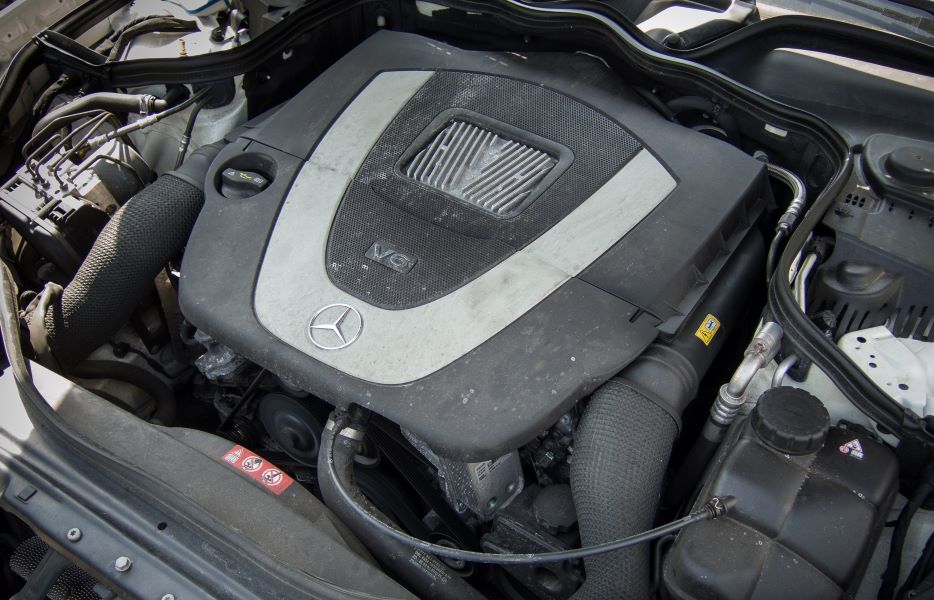

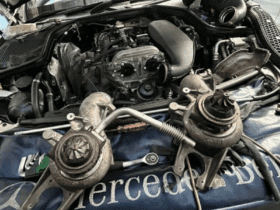
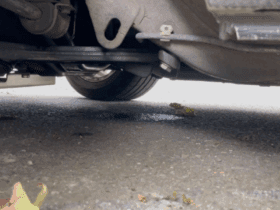


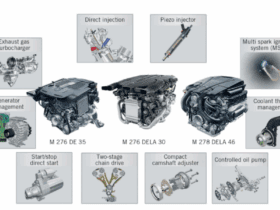
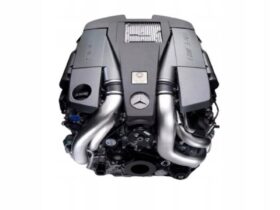
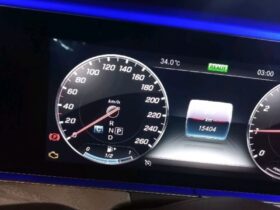
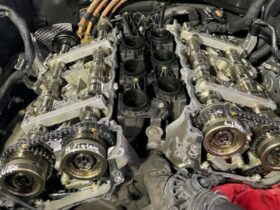
Leave a Reply